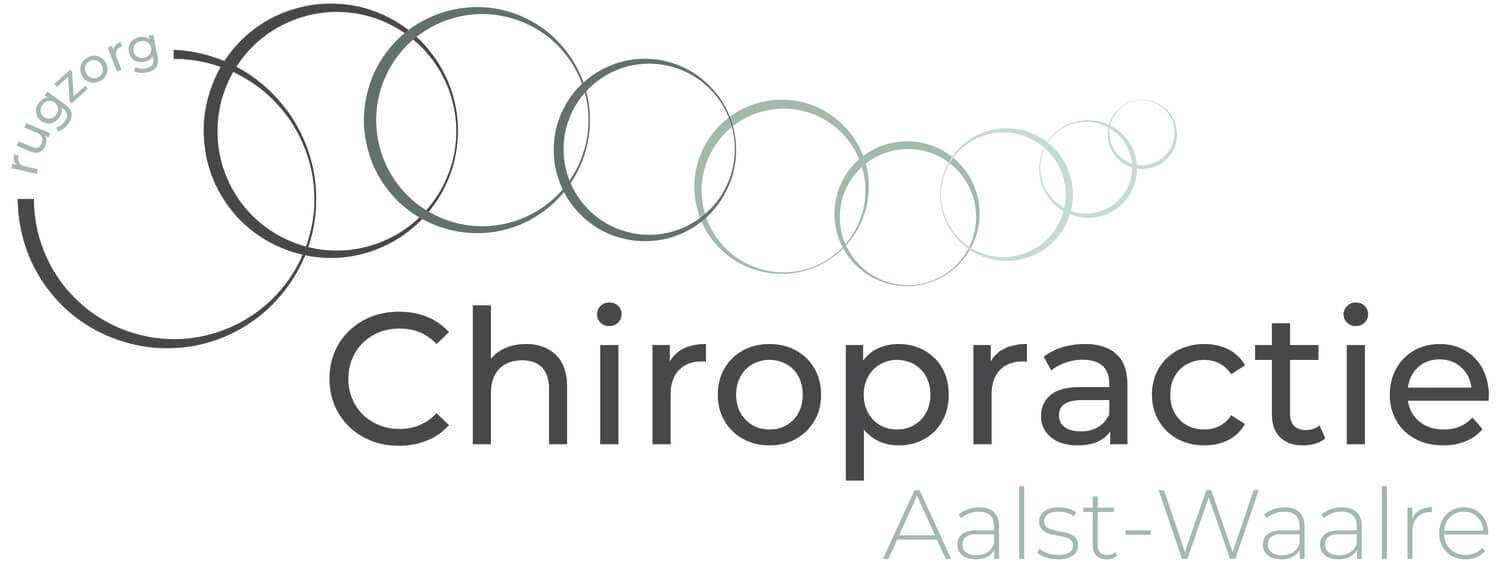
Jaw/TMJ Dysfunction
Jaw pain can arise from reduced mobility or overuse of the muscles surrounding the temporomandibular joint (TMJ), or from dysfunction of the joint itself. This can lead to discomfort when eating, yawning, or speaking. After dental pain, TMJ dysfunction is one of the most common sources of facial pain in this region. These symptoms are collectively referred to as Temporomandibular Dysfunction (TMD).
TMD may present with:
Jaw joint pain or stiffness
Facial pain or tenderness
Headaches or neck pain
Difficulty opening or closing the mouth
Clicking, popping, or locking sensations in the jaw
Causes of TMD
Jaw complaints can result from a variety of factors, including:
Teeth grinding (bruxism) or jaw clenching
Trauma, such as a fall or direct impact to the jaw
Whiplash injuries
Poor dental alignment or missing teeth
Orthodontic treatments (e.g., braces)
Long or intensive dental procedures
Assessment
At Chiropractie Aalst-Waalre, your chiropractor will perform a thorough assessment not only of the jaw joint itself, but also of the cervical spine and surrounding musculature. Special attention is given to jaw motion, neck mobility, and muscle tension in the jaw and neck region.
If dental-related issues are suspected, we work closely with local dentists and oral health professionals to ensure an integrated approach to care. This collaborative effort helps us deliver the most effective and efficient treatment for TMJ-related complaints.
Chiropractic treatment
Chiropractic care for TMD focuses on restoring balance and proper movement to the jaw joint and surrounding muscle groups. In most cases, treatment also includes addressing the cervical spine, as neck function is closely connected to jaw mechanics.
Treatment may include:
Gentle joint adjustments
Soft tissue release techniques
Postural correction
Specific exercises to improve jaw function and prevent recurrence
Common Jaw Complaints We Treat
Patients often visit us with:
Pain or stiffness in the jaw joint
Teeth grinding or jaw clenching
Difficulty opening or closing the mouth
Facial pain or tension
Clicking or popping sounds in the jaw
If you are experiencing any of these symptoms, chiropractic care may offer a safe, effective, and drug-free solution.
